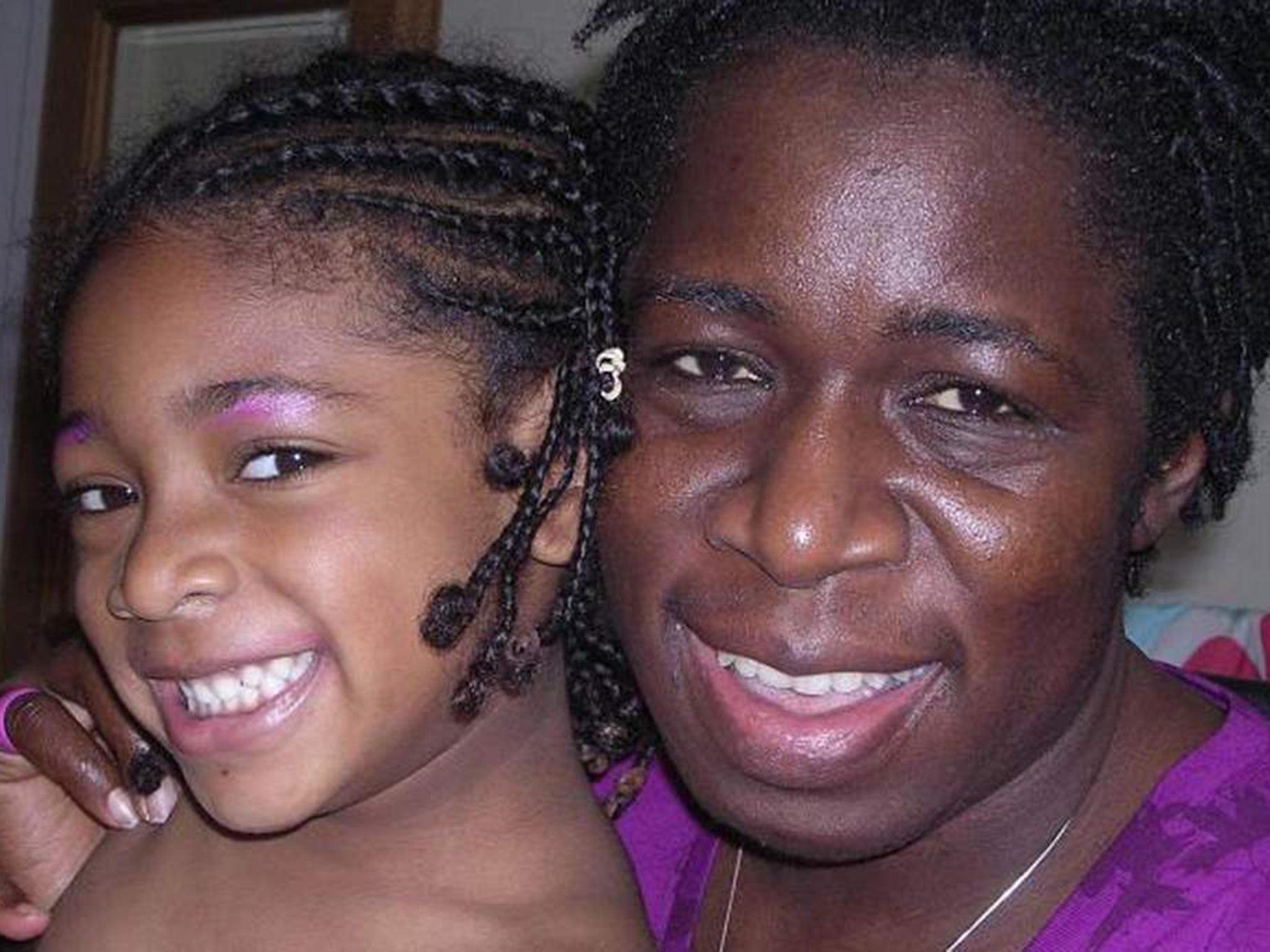Ella Kissi-Debrah: Family of 9-year-old girl who died ‘from air pollution’ win bid to seek second inquest
Report linking asthma attacks and spikes in pollution convinces attorney general
Your support helps us to tell the story
From reproductive rights to climate change to Big Tech, The Independent is on the ground when the story is developing. Whether it's investigating the financials of Elon Musk's pro-Trump PAC or producing our latest documentary, 'The A Word', which shines a light on the American women fighting for reproductive rights, we know how important it is to parse out the facts from the messaging.
At such a critical moment in US history, we need reporters on the ground. Your donation allows us to keep sending journalists to speak to both sides of the story.
The Independent is trusted by Americans across the entire political spectrum. And unlike many other quality news outlets, we choose not to lock Americans out of our reporting and analysis with paywalls. We believe quality journalism should be available to everyone, paid for by those who can afford it.
Your support makes all the difference.The family of a girl who is suspected to have died from air pollution has been given permission to apply for a fresh inquest into her death.
Ella Kissi-Debrah died in 2013 after battling severe asthma and seizures for years. She lived just 25 metres from London’s South Circular road, a notorious pollution hotspot.
The original inquest into the nine-year-old’s death concluded she died from acute respiratory failure, but an expert who has examined the case believes the illegally high levels of air pollution she was forced to breathe caused her fatal asthma attacks.
After launchig a campaign – including collecting 100,000 signatures in a petition – Ella’s mother has persuaded the attorney general to give her permission to apply to the High Court for a new inquest.
No one has ever officially died from air pollution before and lawyers for the family said the development marks an important step.
“For me, this case gives an opportunity for those people in public office protecting our health to be asked questions and to be held to account and to come up with solutions so we can move towards cleaning up the air as quickly as possible,” Jocelyn Cockburn, a human rights lawyer who represents Ella’s family, told the BBC.
Ella’s mother, Rosamund Adoo-Kissi-Debrah, said the decision would allow society to begin to get to the bottom of the how air pollution was damaging the health of young people.
“Hopefully if we are successful, national government, local government and individuals have to do something about cleaning up the air.
“It is unacceptable that children in Britain today die from asthma."

The attorney general, Geoffrey Cox, said new evidence presented by Ella’s family proved a new inquest could “alter the substantial truth of Ella’s death”.
“I am therefore able to give my permission for an application to the High Court to request a new inquest, based on the evidential test being met.”
Although Mr Cox does not have the power to order a new inquest himself, it is likely the High Court will follow his lead and begin new coronal proceedings.
Ella often walked to school along the South Circular, spending up to 40 minutes among the traffic fumes on the heavily congested route.
The nine-year-old was not born with asthma, but after experiencing a coughing fit in 2010 her health quickly deteriorated and she was admitted to hospital 27 times in the next three years.
A report by Professor Stephen Holgate, an expert on asthma and air pollution from University Hospital Southampton, concluded last year there was a “real prospect that without unlawful levels of air pollution, Ella would not have died”.
There was a “striking association” between when the girl was admitted to hospital and spikes in the most dangerous air pollutants recorded by government monitoring stations near her home.
At the time, Professor Holgate said: “Nobody wants to see a young child die.
“If we can just establish a strong case for causality then it adds another reason for why we have to protect young children against ambient pollution, which obviously in some points of London and other cities is very serious.”
In 2017, London's air was so dirty it breached the annual limit for pollution just five days into the year, researchers from King's College London found.
One site on Brixton Road, close to where Ella lived, broke the hourly limits for nitrogen dioxide concentrations 24 times over in the same five days. The pollutant mostly comes from diesel engines in car and lorries.

Join our commenting forum
Join thought-provoking conversations, follow other Independent readers and see their replies
Comments